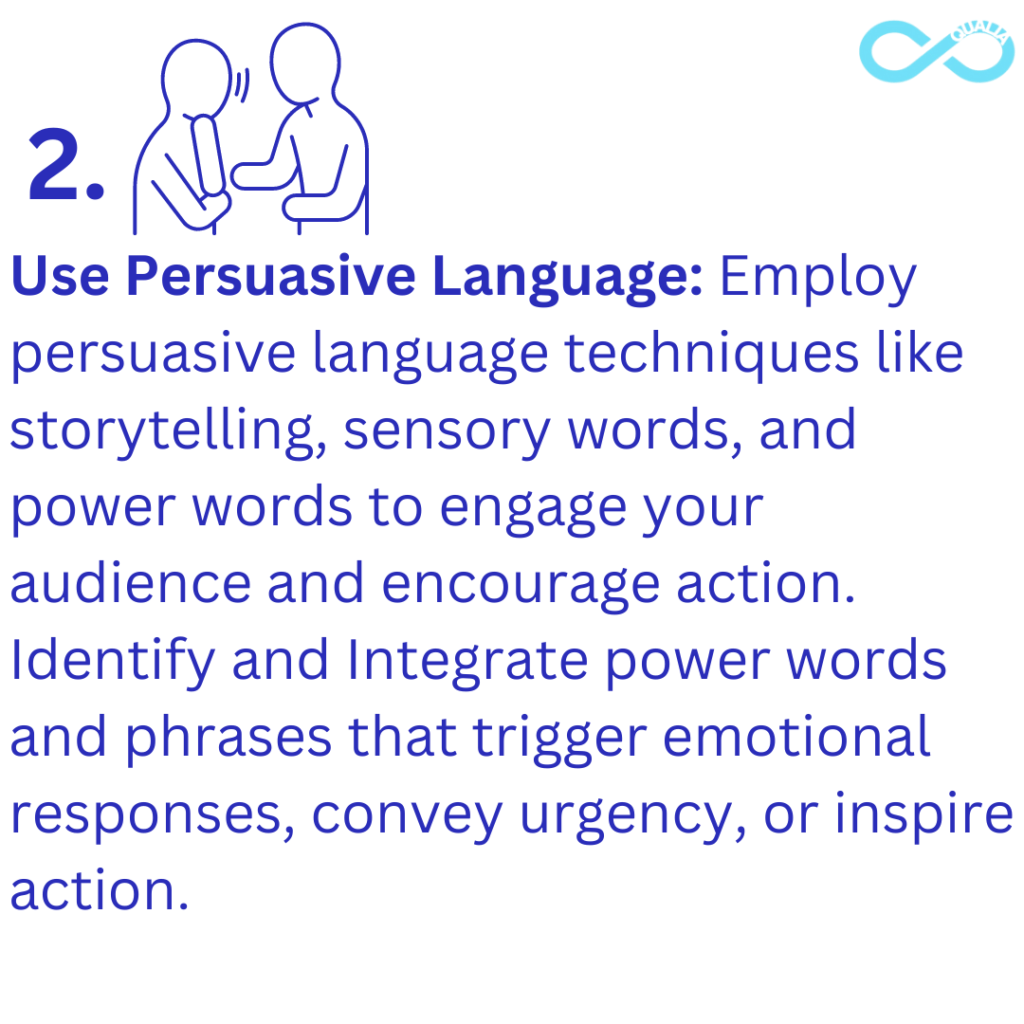In marketing understanding human psychology and behaviours is paramount to crafting compelling campaigns that resonate with target audiences. One powerful tool that marketers can leverage to achieve this is Neuro-Linguistic Programming (NLP). By tapping into the intricate connection between the mind, language, and behaviour, NLP offers a framework for understanding how individuals perceive and process information, enabling marketers to tailor their messaging and strategies for maximum impact.

At its core, NLP is based on several key principles:
The Map is Not the Territory: Individuals construct their own subjective reality based on their perceptions, beliefs, and experiences. These mental maps shape how they interpret and respond to the world around them.
Mind-Body Connection: There is a profound link between the mind and body, with thoughts and emotions influencing physiological responses and vice versa.
The Power of Language: Language plays a crucial role in shaping our thoughts and behaviours. By using precise and persuasive language, we can influence others’ perceptions and responses.
Applying NLP Principles in Marketing
1. Understanding Your Audience’s Mental Maps
One of the fundamental principles of NLP is recognising that each individual constructs their own unique mental map of the world. As marketers, it’s essential to understand the diverse perspectives, beliefs, and values that shape your target audience’s perceptions. Conduct thorough market research, surveys, and audience analysis to gain insights into their motivations, pain points, and desires. By understanding their mental maps, you can tailor your marketing messages to resonate with their specific needs and preferences.
2. Harnessing the Power of Persuasive Language
Language is a potent tool for influencing perceptions and behaviours. In NLP, practitioners use linguistic techniques such as pacing and leading, embedded commands, and sensory language to communicate more effectively with others. As marketers, incorporating these techniques into your copywriting, ad campaigns, and sales pitches can enhance your persuasive abilities. Use compelling language that appeals to your audience’s emotions, desires, and aspirations, and guide them towards taking the desired action.
3. Creating Compelling Visual and Verbal Anchors
Anchoring is a powerful NLP technique that involves associating a particular stimulus with a specific emotional state or response. In marketing, creating visual and verbal anchors can evoke desired emotions and associations in your audience’s minds. Use memorable slogans, logos, and imagery that elicit positive feelings and reinforce your brand identity. By consistently associating your brand with positive experiences and emotions, you can strengthen customer loyalty and engagement.
4. Building Rapport and Trust
Rapport is the foundation of effective communication and relationship-building. In NLP, practitioners use techniques such as mirroring and matching, pacing and leading, and establishing common ground to build rapport with others. As marketers, fostering rapport with your audience is essential for establishing trust and credibility. Engage with your audience authentically, listen to their feedback, and demonstrate empathy and understanding. By building genuine connections with your audience, you can cultivate long-term relationships and loyalty.
5. Leveraging Storytelling for Emotional Engagement
Storytelling is a powerful NLP technique for engaging audiences on an emotional level. Humans are hardwired to respond to narratives, making storytelling an effective tool for conveying brand messages and values. Craft compelling stories that resonate with your audience’s experiences, aspirations, and challenges. Use vivid imagery, relatable characters, and compelling plotlines to captivate your audience’s attention and evoke emotional responses. By weaving storytelling into your marketing campaigns, you can create deeper connections with your audience and leave a lasting impression.
As you integrate NLP techniques into your marketing strategy, remember to prioritise authenticity, empathy, and ethical practices to build trust and foster long-term relationships with your audience.
Using Neuro-Linguistic Programming techniques inappropriately can lead to negative outcomes such as manipulation, invasion of privacy, psychological harm, loss of authenticity, and ethical concerns. Misusing NLP may involve attempting to control or deceive others for personal gain, which can erode trust and damage relationships. It can also result in psychological distress for individuals targeted by manipulative tactics. Moreover, over-reliance on NLP techniques may lead to a lack of authenticity in communication and a dependency on external validation. It highly suggested adhere to ethical guidelines and prioritise respect for individuals’ autonomy to mitigate these potential drawbacks and ensure responsible use of NLP principles.












